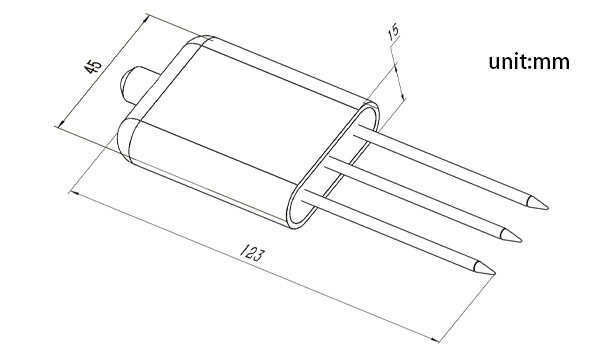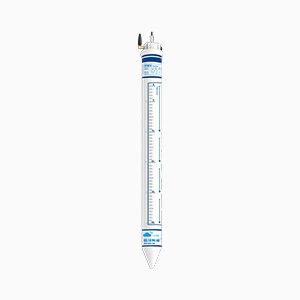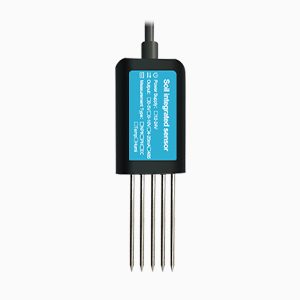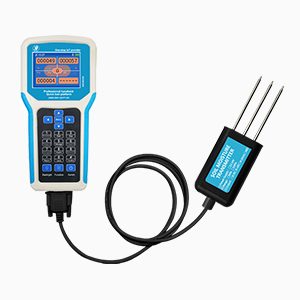Product Introduction
The soil NPK sensor is suitable for detecting the content of nitrogen, phosphorus, and potassium in the soil, and judging the fertility of the soil by detecting the content of N, P, and K in the soil. The stainless steel probe of the soil npk sensor can be buried in the soil for a long time and is resistant to long-term electrolysis, salt, and alkali corrosion. The shell is vacuum potted and completely waterproof.
- Model: JXBS-3001
- MOQ: 1 PCS
- Delivery date: within 24 hour

JXCT Soil Sensor Features:
1. Simple to use, few operation steps, fast measurement, no reagents, unlimited detection times.
2. High measurement accuracy, fast response speed, and good interchangeability.
3. The electrode is made of specially treated alloy material, which can withstand strong external impact and is not easy to damage.
4. Completely sealed, resistant to acid and alkali corrosion, and can be buried in soil for long-term dynamic testing.
5. The probe plug-in design ensures accurate measurement and reliable performance.
1. How do soil NPK sensors work?
The soil NPK sensor is suitable for detecting the content of nitrogen, phosphorus and potassium in the soil, and judges the fertility of the soil by detecting the conductivity transformation caused by different nitrogen, phosphorus and potassium concentrations in the soil.






Reviews
There are no reviews yet.